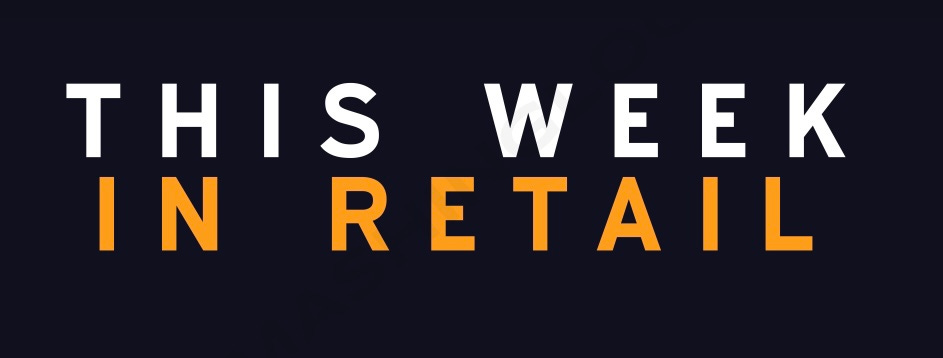This Week in Retail
2.9.24
Hey Friends,
It’s Superbowl week, which means people from all over the world will flock to Las Vegas for a week full of festivities, NFL awards and of course the big game on Sunday. Based on a survey conducted by the National Retail Federation, fans from across the country will spend $17.3 billion on the Superbowl this year for things such as food, drinks, apparel, decorations, and more. According to a February 2024 Statista survey, 26% of respondents stated that they would be placing a bet on the Super Bowl. with overall wagers expected to surpass $20 Billion in the Unites States alone.
Apple’s release of the new Apple Vision Pro dominated retail headlines this week, and we are already seeing retailers announcing integration to the new VR/AR headset. To name a few, Lowe's, e.l.f. Cosmetics, J. Crew, and Alo Yoga have released each released Apple Vision Pro apps with imersive ecommerce capabilities. A deeper review can be found here.
In some Amazon news…. Amazon announces Rufus, a new generative AI-powered conversational shopping experience. According to Amazon, Rufus is “an expert shopping assistant trained on Amazon’s product catalog and information from across the web to answer customer questions on shopping needs, products, and comparisons, make recommendations based on this context, and facilitate product discovery in the same Amazon shopping experience customers use regularly.” Staying on the AI front, Amazon also announced that it has joined the U.S. Artificial Intelligence Safety Institute Consortium, established by the National Institute of Standards and Technology (NIST), in an effort to further government and industry collaboration to advance safe and secure AI.
H&M has opened a new concept store that features some of the latest in retail technology and is debuting a new concept: specially curated secondhand items. The new store includes smart mirrors, mobile checkout, and RFID. The store experience includes improved service features, such as the option for mobile checkout from anywhere in the store and RFID-enabled systems, which allow for stock accuracy and location, plus faster and more efficient replenishment from stockroom to the sales floor. Smart mirrors in fitting rooms identify customers' products, including the size and color, and provide personalized product or styling recommendations. The mirrors also allow for items to be requested and brought to fitting room cabins by a sales associate. Shoppers have the option to choose in-store pickup of online orders at one of H&M SoHo's lockers.
Target is reportedly mulling a paid membership plan similar to Amazon Prime and Walmart+. The new program, known as “Project Trident” within the company, could launch as soon as this year. While the retailer already has its Target Circle loyalty program, offering deals and rewards for purchases, the new program would go further, offering other benefits and requiring a fee, the report said. It could incorporate Shipt, the Target-owned grocery delivery business.
Primark has opened it second U.S. distribution center, to serve its expanding store fleet. The retailer also has signed leases for planned new stores in four locations. The new retail stores will total more than 128,000 square feet of retail selling space, offering the latest fashion trends and essentials as well as homewares and beauty items. The new 550,000-square-foot DC joins Primark’s facility in Bethlehem, PA to further serve it’s current and growing footprint. The retailer currently operates 24 stores across nine states, with plans to create a 60-store footprint in the U.S. by 2026.
Supermarket chain Hy-Vee has integrated Instacart Fulfillment-as-a-Service (FaaS) into its owned and operated websites and apps. THy-Vee and Instacart have ahd a partnership since 2018, offering it’s product through Instacart’s grocery delivery application, but this partnership expands Hy-Vee’s capabilities within it’s own storefront. Instacart FaaS allows retailers to integrate the grocery technology company’s fulfillment capabilities into their existing eCommerce platforms, allowing them to offer same-day delivery while retaining their storefront and brand identity.
Nieman Marcus is ending it’s partnership with Farfetch. Nieman Marcus is abandoning it’s plan to use Farfetch’s e-commerce software to revamp the luxury department store’s online storefront and app. The luxury department store chain will also not join Farfetch’s marketplace. Neiman Marcus Group first entered an agreement with Farfetch in 2022, when the luxury e-tailer invested $200 million in the department store chain. Farfetch will remain a minority investor in Neiman Marcus Group, as the department store chain continues to build out its own e-commerce technology.



